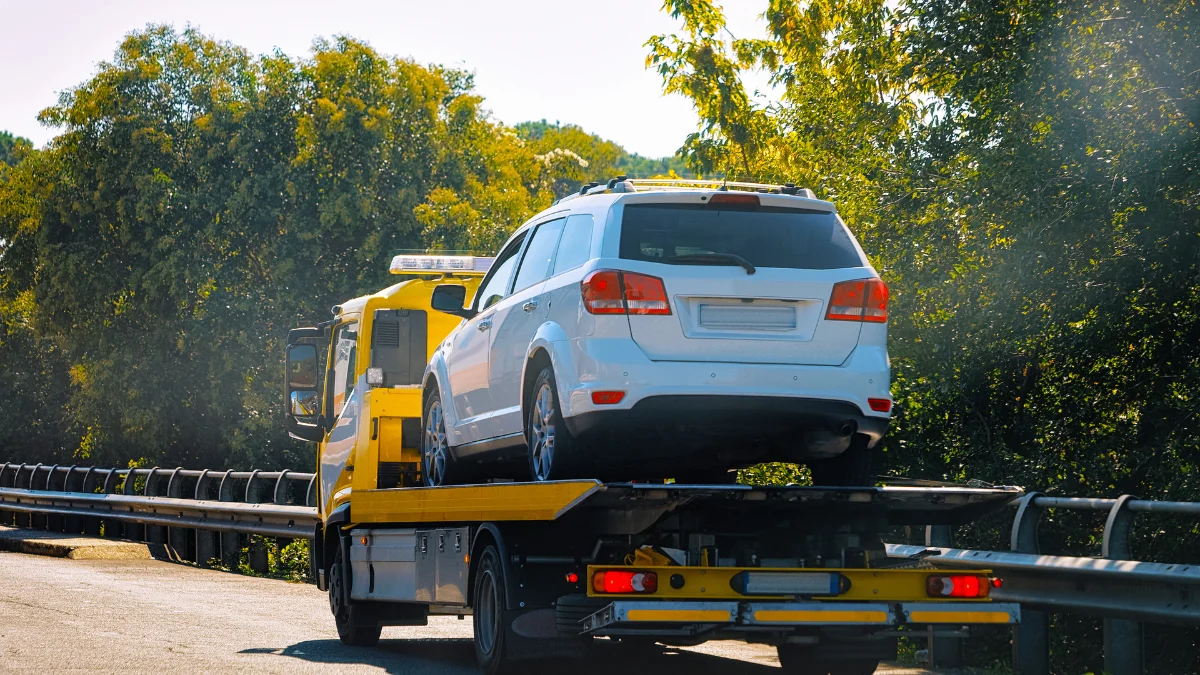
How to Start a Tow Truck Business: Your Complete Beginner's Guide
Imagine it's 2 AM, and someone's car breaks down on a dark highway. They're stuck, worried, and need help fast. That's where you come in as a tow truck business owner, turning someone's worst day into a manageable situation.
The tow truck industry isn't just about helping stranded motorists. It's a recession-proof business that serves multiple markets - from roadside assistance to helping law enforcement clear accident scenes. With over 276 million registered vehicles in the United States alone, the demand for towing services continues to grow.
What makes this business especially attractive? You're solving real problems for real people, often during their most stressful moments. Plus, with proper planning and execution, a tow truck business can generate steady income year-round.
In this guide, we'll walk you through everything you need to know to start your own tow truck business, from the initial planning stages to overcoming common challenges. Whether you're looking for a side business or a full-time venture, this roadmap will help you navigate the process successfully.
Your Step-by-Step Guide to Starting a Tow Truck Business
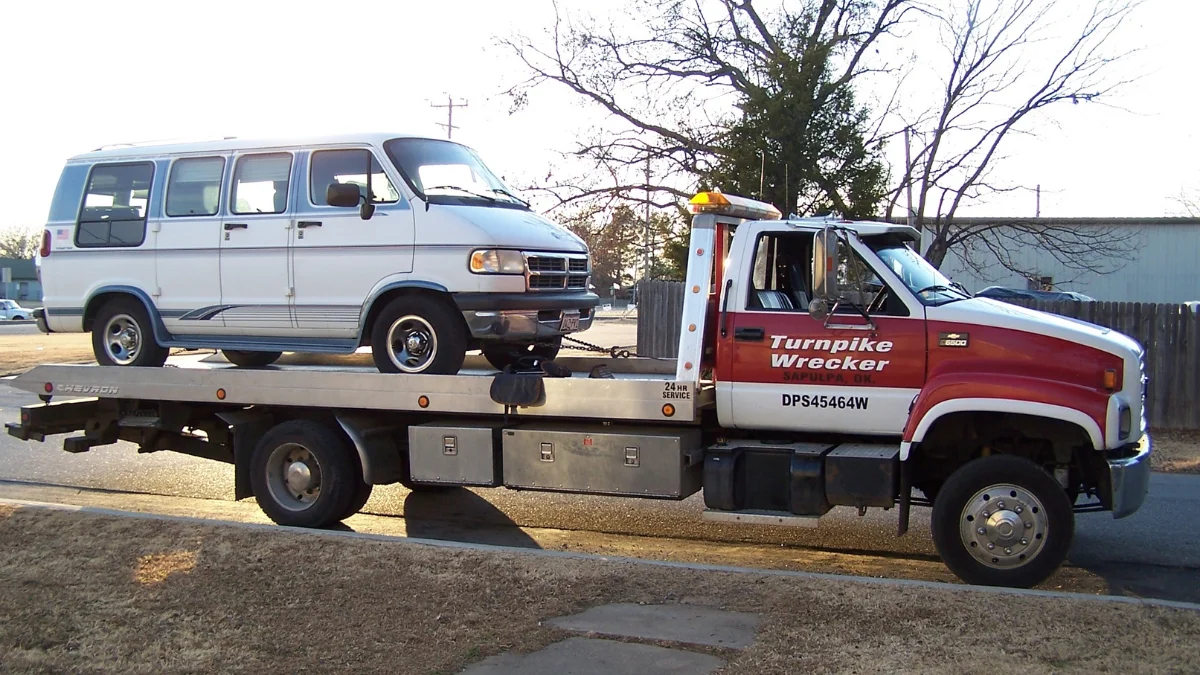
Step 1: Conduct Market Research
Before you invest a single dollar, you need to understand your local market. Start by driving around your target area and identifying existing tow truck companies. How many are there? What services do they offer? What are their prices?
Check online reviews to see what customers like and dislike about current providers. Look for gaps in service - maybe no one operates 24/7, or perhaps customers complain about slow response times. These gaps represent your opportunities.
Contact local auto repair shops, car dealerships, and insurance companies. They're your potential partners who regularly need towing services. Ask about their current providers and what they look for in a towing company.
Don't forget to research your competition's pricing. Call a few companies as a potential customer and ask for quotes on different types of tows. This information will help you price your services competitively.
Step 2: Create Your Business Plan
A solid business plan is your roadmap to success. Start with the basics: what services will you offer? Most tow truck businesses provide:
-
Emergency roadside assistance
-
Vehicle recovery and transport
-
Accident cleanup
-
Repossession services
-
Commercial fleet support
Next, calculate your startup costs. You'll need money for:
-
Truck and equipment ($50,000-$200,000 depending on whether you buy new or used)
-
Insurance ($3,000-$10,000 annually)
-
Licensing and permits ($500-$2,000)
-
Marketing and business setup ($2,000-$5,000)
Project your revenue by estimating how many calls you'll handle per day and your average charge per service. Most towing services charge between $75-$125 for a basic tow, with additional fees for mileage, storage, and special services.
Step 3: Handle Licensing and Legal Requirements
The towing industry is heavily regulated, and requirements vary by state and city. Generally, you'll need:
Business License: Register your business with your state and local authorities. Choose between LLC, corporation, or sole proprietorship based on your liability preferences and tax situation.
Commercial Driver's License (CDL): Most states require tow truck operators to have a CDL, especially for larger trucks. The specific class depends on your truck's weight rating.
Towing License: Many jurisdictions require special towing licenses or permits. Contact your local Department of Motor Vehicles or transportation authority for specific requirements.
Insurance: This is non-negotiable. You'll need commercial auto insurance, general liability coverage, and garage keeper's liability insurance. Work with an agent who specializes in towing companies.
Start this process early - licensing can take weeks or months to complete.
Step 4: Choose Your Equipment Wisely
Your truck is the heart of your business, so choose carefully. You have several options:
Light-duty trucks handle cars, SUVs, and small vans. These are perfect for roadside assistance and most emergency calls.
Medium-duty trucks can handle larger vehicles like delivery trucks and RVs.
Heavy-duty trucks are for big rigs, buses, and construction equipment.
Most new businesses start with one light-duty truck since it covers the majority of calls. You can buy new (expensive but reliable) or used (cheaper but potentially more maintenance).
Essential equipment includes:
-
Tow truck with proper hitch systems
-
Safety equipment (lights, cones, reflective vests)
-
Basic tools for minor repairs
-
GPS navigation system
-
Two-way radio or smartphone for dispatch
Step 5: Build Your Team
Initially, you might operate solo, but as you grow, you'll need help. Look for drivers with:
-
Clean driving records
-
CDL licenses (or willingness to get one)
-
Good customer service skills
-
Ability to work odd hours
Customer service is crucial in this business. Your drivers represent your company during customers' stressful moments. Train them to be professional, empathetic, and solution-focused.
Consider offering competitive wages and benefits to attract quality drivers. High turnover is expensive and damages your reputation.
Step 6: Develop Your Marketing Strategy
Word-of-mouth is powerful in the towing business, but you need multiple marketing channels:
Online Presence: Create a professional website with your contact information, services, and coverage area. Claim your Google Business listing and encourage satisfied customers to leave reviews.
Partnerships: Build relationships with auto repair shops, car dealerships, insurance companies, and law enforcement. These partnerships can provide steady business.
24/7 Availability: If you can offer round-the-clock service, advertise it heavily. Many customers need help outside normal business hours.
Local Advertising: Consider yellow pages ads, local radio sponsorships, and community event participation.
Fleet Graphics: Your truck is a mobile billboard. Invest in professional graphics with your company name, phone number, and website.
Tips for Long-Term Success
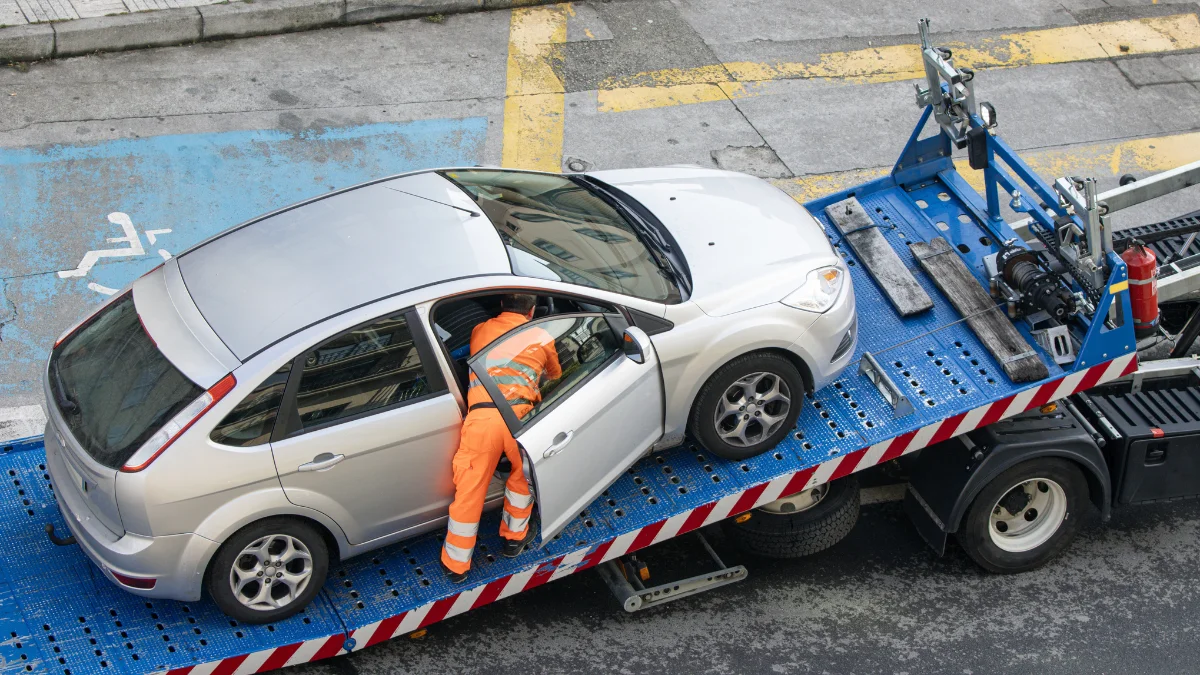
Master Customer Service
In the towing business, you're often dealing with people having their worst day. A broken-down car means missed work, appointments, or family events. Your attitude and professionalism can turn a negative experience into a positive one.
Train your team to:
-
Arrive promptly when promised
-
Explain what they're doing and why
-
Treat customers' vehicles with care
-
Offer transparent pricing with no surprise fees
-
Follow up to ensure customer satisfaction
Great customer service leads to repeat business, referrals, and positive online reviews - all crucial for growth.
Build Strong Relationships
This business runs on relationships. Cultivate connections with:
Auto repair shops: They need reliable towing for customer vehicles and can provide steady referrals.
Insurance companies: Many have preferred provider lists for their policyholders.
Law enforcement: Police departments need towing services for accidents and traffic violations.
Car dealerships: They often need vehicles transported between locations.
Attend local business networking events and join your area's towing association. These connections can provide valuable business opportunities and industry insights.
Manage Your Finances Carefully
Cash flow can be challenging in the towing business. Some customers pay immediately, while insurance companies might take 30-60 days to process claims.
Set up systems to:
-
Track all calls and payments
-
Send invoices promptly
-
Follow up on overdue accounts
-
Maintain emergency cash reserves
-
Plan for seasonal fluctuations
Consider working with a bookkeeper or accountant who understands the towing industry. They can help you track profitability by service type and identify areas for improvement.
Common Challenges and How to Overcome Them

Challenge 1: Irregular Income
Towing calls don't follow a predictable schedule. You might have five calls one day and none the next.
Solution: Diversify your revenue streams. Add services like vehicle storage, minor roadside repairs, or partnerships with rental car companies. Build relationships that provide regular contract work.
Challenge 2: Equipment Maintenance
Tow trucks work hard and break down more frequently than regular vehicles.
Solution: Budget 10-15% of revenue for maintenance and repairs. Develop relationships with reliable mechanics who understand commercial vehicles. Keep detailed maintenance records to spot patterns and prevent major breakdowns.
Challenge 3: Finding Quality Drivers
Good drivers are hard to find and expensive to replace.
Solution: Invest in your hiring process. Check references thoroughly, offer competitive compensation, and create a positive work environment. Cross-train multiple drivers so you're not dependent on one person.
Challenge 4: Liability Concerns
Towing involves handling other people's valuable property, often in dangerous conditions.
Solution: Invest in comprehensive insurance coverage. Train drivers extensively on safety procedures and proper vehicle handling. Document everything with photos and clear communication.
Challenge 5: Competition
Established companies might have advantages in contracts and recognition.
Solution: Focus on what you can control - exceptional service, competitive pricing, and quick response times. Specialize in underserved niches or geographic areas. Build your reputation one satisfied customer at a time.
Frequently Asked Questions
How much money do I need to start a tow truck business?
Startup costs typically range from $60,000 to $250,000. The biggest expense is your truck and equipment. You can reduce initial costs by:
-
Buying quality used equipment
-
Starting with one truck and expanding gradually
-
Leasing instead of purchasing
-
Focusing on light-duty towing initially
Do I need experience in the towing industry?
While experience helps, it's not required. Many successful owners started as outsiders. Consider:
-
Taking a towing course or certification program
-
Working part-time for an existing company to learn the business
-
Partnering with an experienced operator
-
Hiring experienced drivers and managers
How long does it take to become profitable?
Most tow truck businesses reach profitability within 6-12 months, assuming proper planning and execution. Factors affecting timeline include:
-
Local competition
-
Marketing effectiveness
-
Service quality and reputation
-
Contract acquisition success
What's the biggest mistake new tow truck businesses make?
Underestimating the importance of insurance and legal compliance. One uninsured incident can bankrupt your business. Other common mistakes include:
-
Inadequate market research
-
Poor cash flow management
-
Skipping proper licensing
-
Neglecting customer service training
How do I compete with established companies?
Focus on service excellence and find your niche. Strategies include:
-
Faster response times
-
Better customer service
-
Specialized services (motorcycles, exotic cars, etc.)
-
Serving underserved geographic areas
-
Building strong online presence and reviews
Should I operate 24/7 from the start?
24/7 operation can differentiate you from competitors, but it's challenging for solo operators. Consider:
-
Starting with extended hours (6 AM - 11 PM)
-
Gradually expanding to 24/7 as you hire drivers
-
Partnering with other companies for off-hours coverage
-
Using answering services to capture after-hours calls
Your Next Steps
Starting a tow truck business requires careful planning, significant investment, and dedication to customer service. The good news is that with proper execution, it can provide steady income while helping people in their time of need.
Begin with thorough market research to understand your local opportunities and competition. Then create a detailed business plan that addresses startup costs, licensing requirements, and marketing strategies.
Remember that success in this industry comes from building trust - with customers, partners, and your community. Focus on reliability, professionalism, and exceptional service, and your business will grow through referrals and repeat customers.
The road ahead might seem challenging, but thousands of entrepreneurs have built successful towing businesses from scratch. With the right preparation and commitment, you can join their ranks.
Take the first step today by researching your local market and licensing requirements. Your future customers are out there waiting for a reliable, professional towing service they can trust.
30 minutes
Expert Consultation
Terms & Agreements
By booking a free 30-minute consultation, you agree to our terms, including scheduling, cancellation policies, and confidentiality. The session provides expert advice without guarantees of specific outcomes or results.




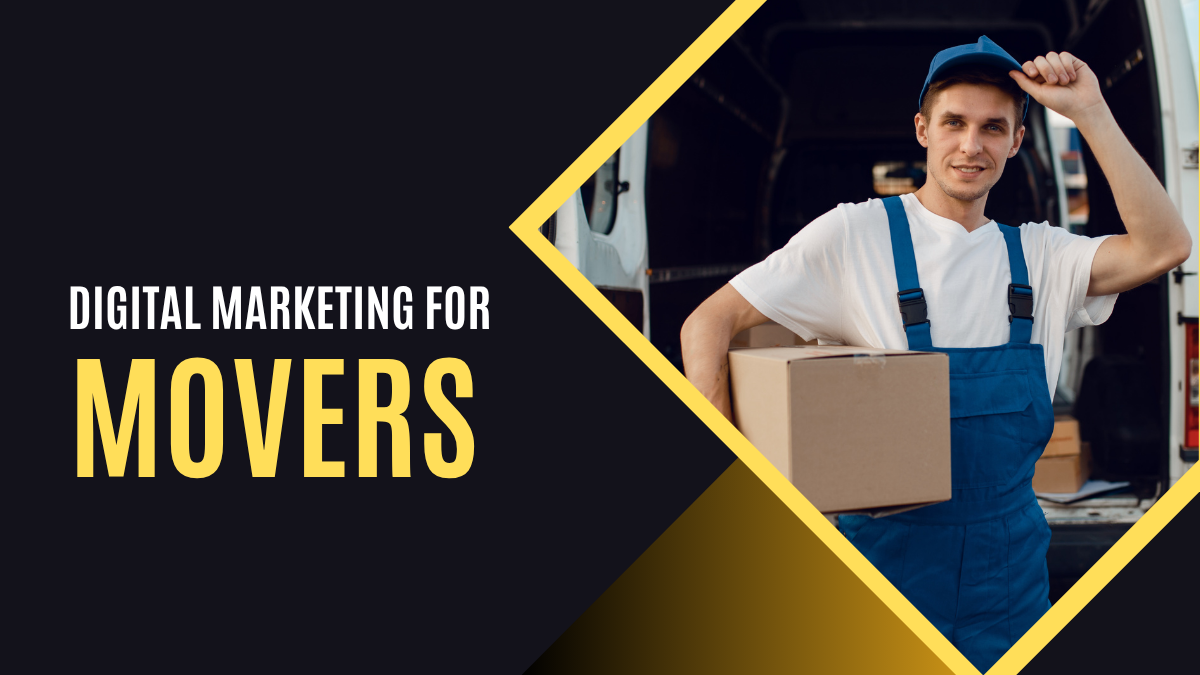
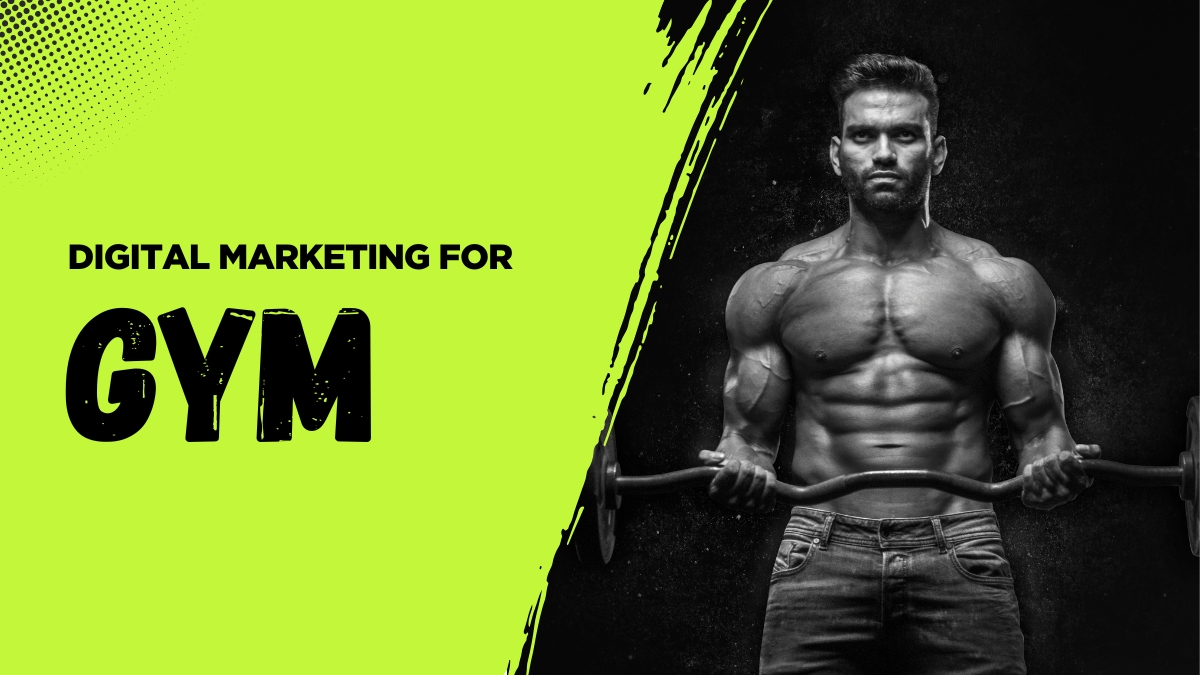
Leave a Reply
Your email address will not be published. Required fields are marked *